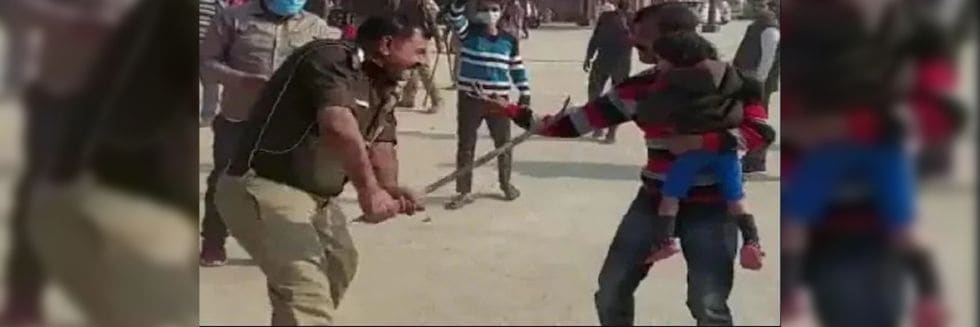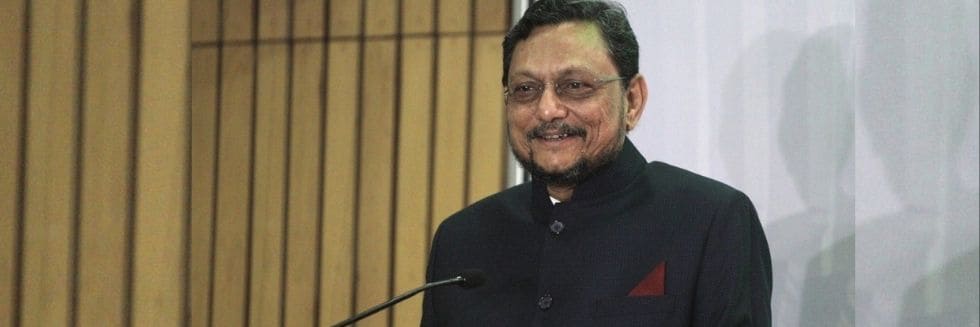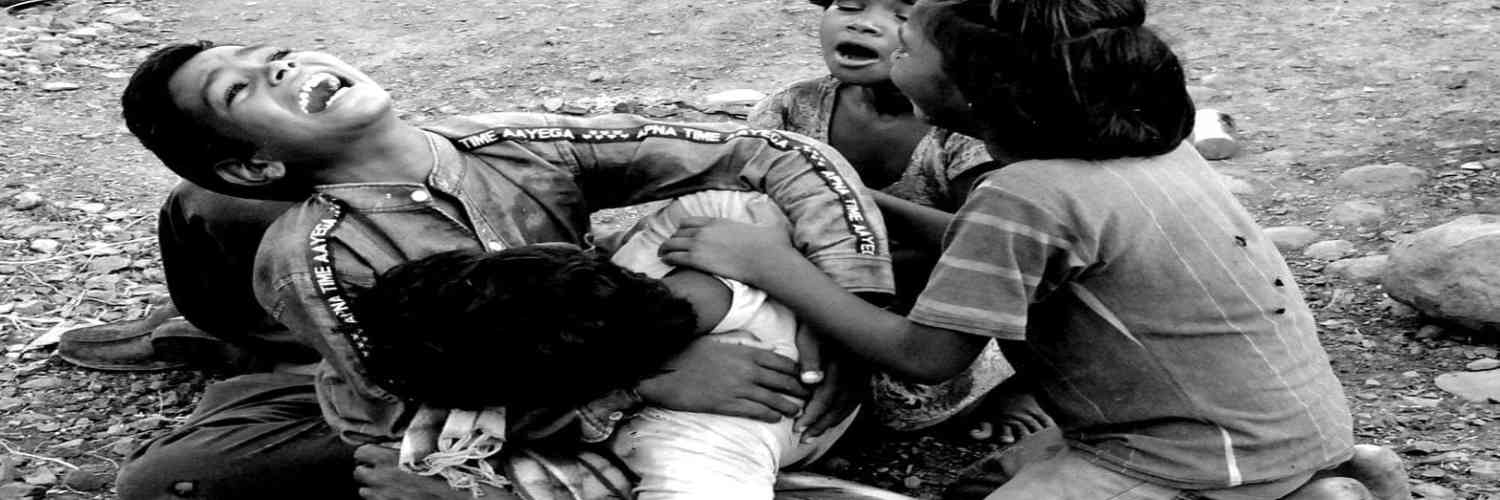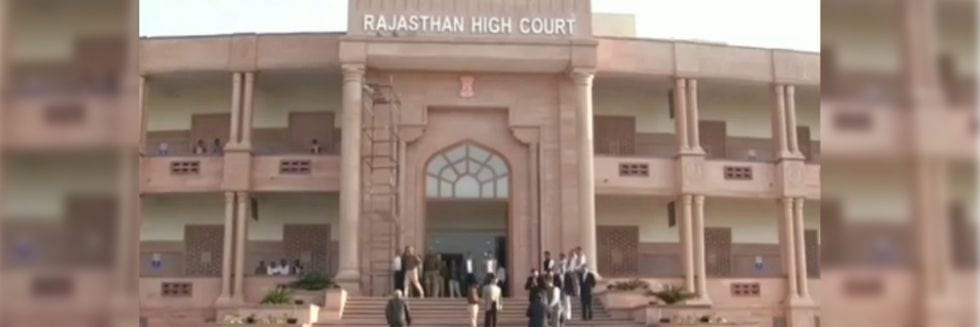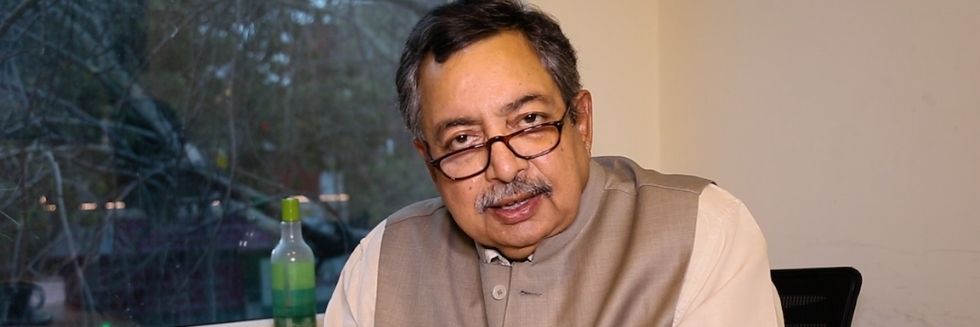The Delhi High Court today issued a notice in a plea moved by Bollywood producers seeking to curb the defamatory remarks being made against the film industry by the reporters of Republic TV and Times Now.
The bench headed by Justice Rajiv Shakdher gave two-week time to the channels to file their reply and directed them to follow the Programme Code while giving ‘serious consideration’ to the resolution of the matter at hand.
On the other hand, the court deleted Facebook and Google as necessary parties to the suit, however, it refused to issue any direction as of now, to YouTube, to take down the said alleged derogatory videos.
Appearing for the Bollywood production houses, Senior Advocate Rajiv Nayyar cited a number of news programs broadcast by the channels in question that drew a correlation between the film industry and the drug mafia.
“It does not stop here. Now they proceed as if we have links with Pakistan and ISI. Your Lordship will see how the reports start with reports on Sushant Singh and move on to links with drug peddlers and Pakistan,” argued Nayyar. “Now it is alleged as if Shah Rukh Khan has links with Pakistan and ISI,” he added. He also submitted that ‘Times Now’ took it a step further by accessing the WhatsApp chats of actors and violating their right to privacy.
Further, Nayyar exhibited the reporting of Republic TV chief Arnab Goswami before the court; wherein words such as ‘kingpin of Bollywood’, ‘Pakistani funded’, ‘nepotists’, ‘Bollywood’s rotting cabal which uses stolen scripts’, have been used by Goswami in his reporting. He also read out an excerpt from one of Goswami’s reports to make his case of derogatory reporting about the film industry with Goswami stating, “Kangana was right, Sushant was too good for this industry, no perfume can diffuse Bollywood’s stench, boycott Bollywood, clean up Bollywood’s dirt.”
The Delhi High Court was hearing a lawsuit filed by four Bollywood industry associations and 34 leading producers, against Republic TV’s Arnab Goswami and Pradeep Bhandari, and Times Now’s Rahul Shivshankar and Navika Kumar, over their coverage of the drugs probe being investigated by the Narcotics Control Bureau in connection with the Sushant Singh Rajput death case. The suit had sought to restrain them from interfering with the right to privacy of persons associated with the industry.
The petitioners took exception to the phrases being used by these reporters to describe a so-called drug cartel operating in the film industry in the wake of Sushant Singh Rajput’s death. These phrases include, “dirt”, “filth”, “scum”, “druggies” and expressions such as “it is Bollywood where the dirt needs to be cleaned”, “all the perfumes of Arabia cannot take away the stench and the stink of this filth and scum of the underbelly of Bollywood”, “This is the dirtiest industry in the country”, and “cocaine and LSD drenched Bollywood”.
It is pointed out that these reporters have previously been penalized and reprimanded and have had orders passed against them by courts for irresponsible reportage and defamatory content. Further, they have previously been found guilty of broadcasting incorrect news, the producers claim.
Moreover, it is alleged that these news channels have been ‘openly flouting’ the Programme Code framed under Section 5 of the Cable Television Networks (Regulation) Act, 1995 contained in Rule 6 of the Cable Television Network Rules, 1994.
The producers make it clear that they are not seeking a blanket ban on coverage related to the investigation in the Sushant Singh Rajput case. They have sought permanent injunctions against Goswami, Shivshankar & co ‘from carrying on reportage and publication of material that violates applicable laws’.
The counsel for Bollywood also referred to the bail plea of Vibhor Anand, arrested for spreading conspiracy theories on Sushant Singh Rajput’s death, where he had said that he was ‘influenced by Republic TV’s coverage.’
“This is to show how public perception is influencing all kinds of people,” he said.
On the other hand, Senior advocate Akhil Sibal who also appeared for the petitioners said that “a certain section of the news media seems to have abandoned journalistic principles.”
Subsequently, the Delhi High Court remarked that ‘DD was much better’ and that ‘fair reportage is expected.’ The Court went on to note, “…in the case of Princess Diana, she died because she was racing away from the media. You can’t just go on like this. The Courts are the last ones to want to regulate.”
“Courts hesitate (in restraining media reports) because it is a constitutional right. But you are right, we expect fair reportage. We used to find Doordarshan very stale, but we had some lovely broadcasters then. I was actually thinking black and white and DD was much better,” Justice Shakdher said.

